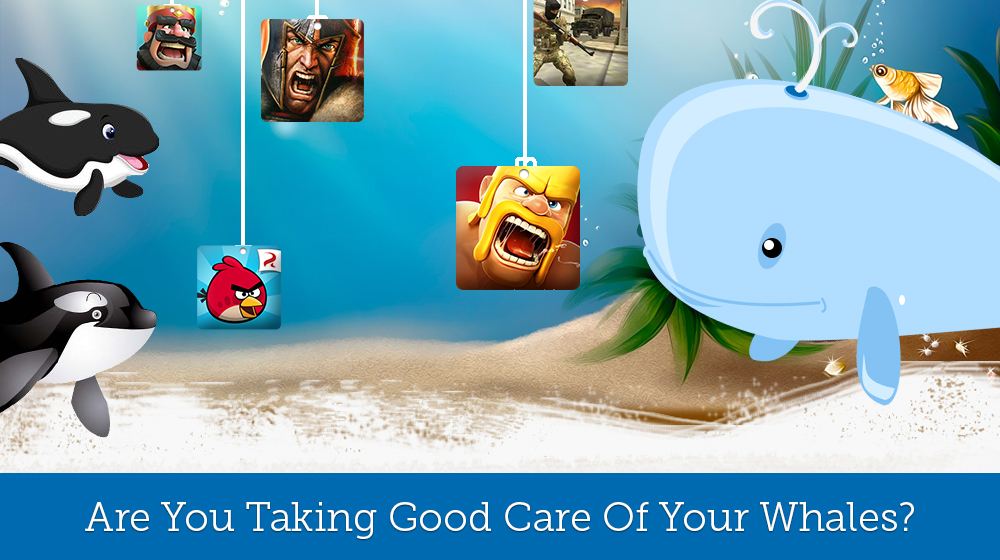
Digital Games – Trending for the Worse? (Part 1)
With the saturation of smartphone ownership among the working population (18-60 year olds), game developers are following their consumers to their new devices.
The business model for game publishers has flipped on their head. Due to changes in how revenue is generated, the content and process of game development has also adapted to the times. In my opinion for the worse.
The Freemium Business Model
Digital games traditionally were sold like physical products. A one time purchase, which gave you access to a polished game and all its contents. However, there is a trend to a freemium model, where there is a little to no barrier to entry in starting the game, but progressing within the game and the feeling of “achievement” can be accelerated through a monetary transaction. There are two dominant ways of doing this:
- Free to Play, but Pay to Win
- Cosmetics / Loot Boxes
Both of which will be discussed below.
Free to play, Pay to Win:
- Games are free, or have long sale periods which cost $0
- This is especially true for mobile games, but has started to become prevalent in PC and console gaming as well
- However games have become a two-tiered system revolving around in-game currency, where you either invest a ridiculous amount of time into performing repetitive tasks aka grinding or you pay some money to receive the in game currency for progression in the game
- This business model has lead to the requirement of skill to take a back seat – which is cause of games becoming increasingly “casual” in nature
Cosmetic / Loot Boxes aka gambling:
- Cosmetics (usually) don’t affect how the game is played in term of mechanics, but improves the aesthetics in one way or another. e.g. here’s an example
- Loot boxes are “consumable virtual items which can be redeemed to receive a randomized selection of further items aka loot”
- Both Loot boxes and Cosmetics are primary ways in which you spend your in-game currency, for either progression in the game (e.g. beating a more difficult level) or appearance (e.g. hey look I’m wearing a rare hat!)
- There’s been a growing debate on weather loot boxes should be “gambling” for children, they are essentially virtual slot machines (see article 1 and article 2)
- Targeting the whales:
- Gaming “whales” are those spend a significant amount of real money on an going basis. This is usually on in-game currency directly or loot boxes and cosmetics, aka micro transactions.
- Whales typically spend $100/month on micro transactions.
- This segment of people are known as whales, because they are the major source of income for game publishers, a term appropriated from the casinos.
Game Development
- “Agile” development is an iterative approach to creating a productive. It comprises of cross-functional teams, which collaborate to create a minimal viable product (MVP), which then improves over iterations.
- It is a relatively new way of working, compared to the traditional “Waterfall” approach to working. Where each team of specialists completes one part of projects and then hands it over to the next team.
- Here’s a quick rundown:
Given the Freemium Business Model, game development also has joined the Agile bandwagon, through the launch of game “Betas” / “Early Access” (which are essentially an MVP of the products) as well as seasonal events. However, I’m not convinced this is the best way to approach game releases.
The agile methodology is great where the final product’s set of features does not need to be defined at launch, but I think this is required for a game to be great. A successful game’s driving force is its ability to provide quality “fun” or “entertainment”, in a structured manner i.e. with rules and boundaries.
The best games are those which are “easy to learn, but difficult to master”, just look at chess at the classic example. It’s the complex relationship between different elements, packaged in a way that the concepts i.e. rules and interactions, are easy to grasp (i.e. the learning), but where the results vary based on deeper understanding from play experience and analysis (the mastering).
It’s funny to imagine chess being created through Agile development. A 6×6 board (instead of 8), with 4 unique types of pieces (instead of 6). Of course Chess was created off the backs of other games, but they are distinctly different games.
What’s happening now is games are being release with an MVP level of “fun”, but the iterations after release are optimised for revenue generation. This will include time spent in the game, and any other metrics that are indicators for path to purchase. A game’s difficulty/challenge is diminished and replaced with constant dopamine hits of “rewards”, incentivizing the gamers to transact so they can get that next hit. Sounds a little bit like drug addiction doesn’t it?
Yes game developers and publishers need to be profitable to stay in business, but to me it’s become an ethical question of which ones DESERVE to survive. The one’s that are there to solely extract profit from their customers or the one’s that serve their customers providing a truly entertaining and fun experience?